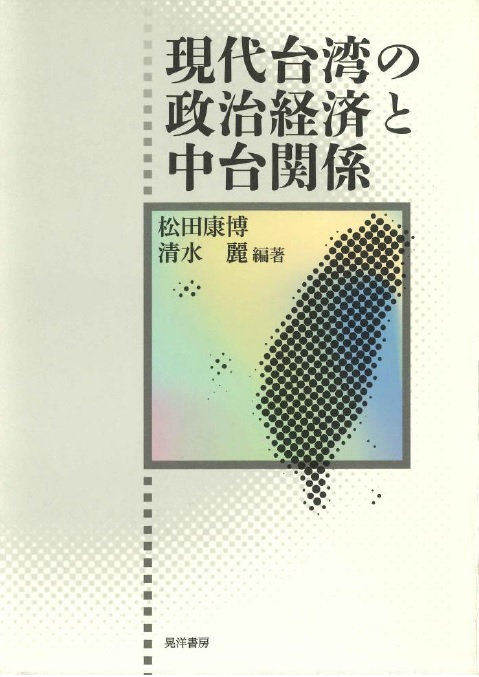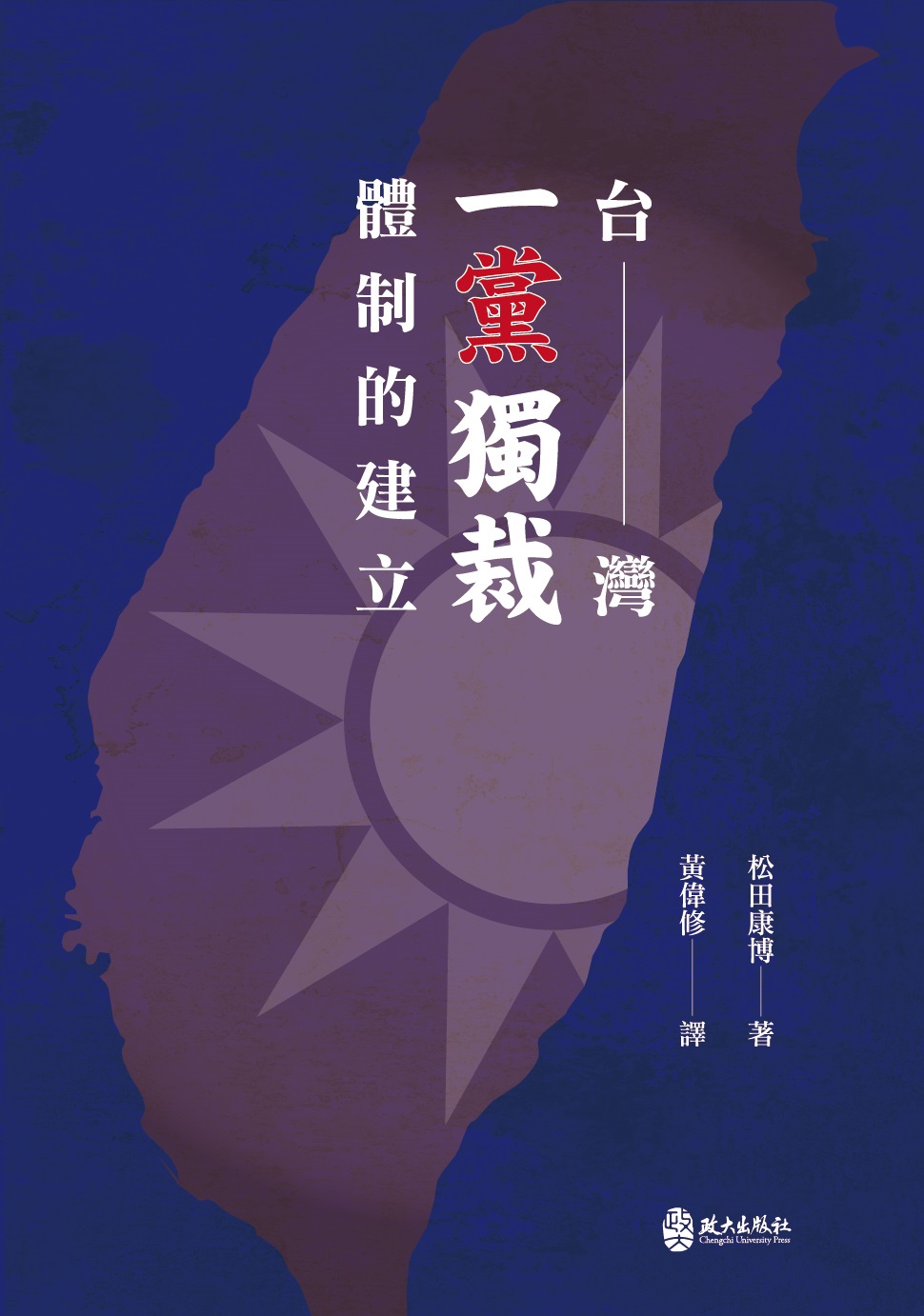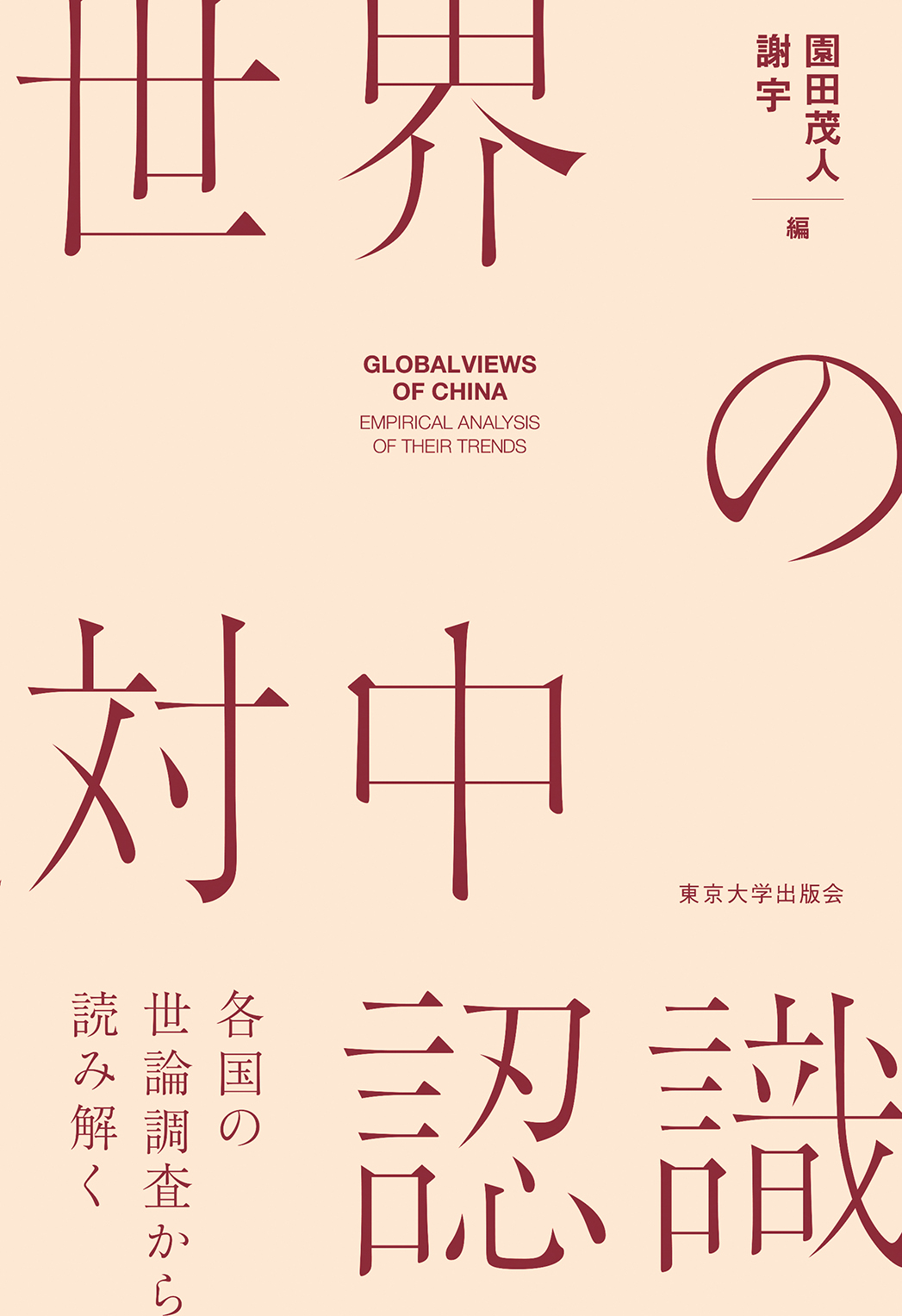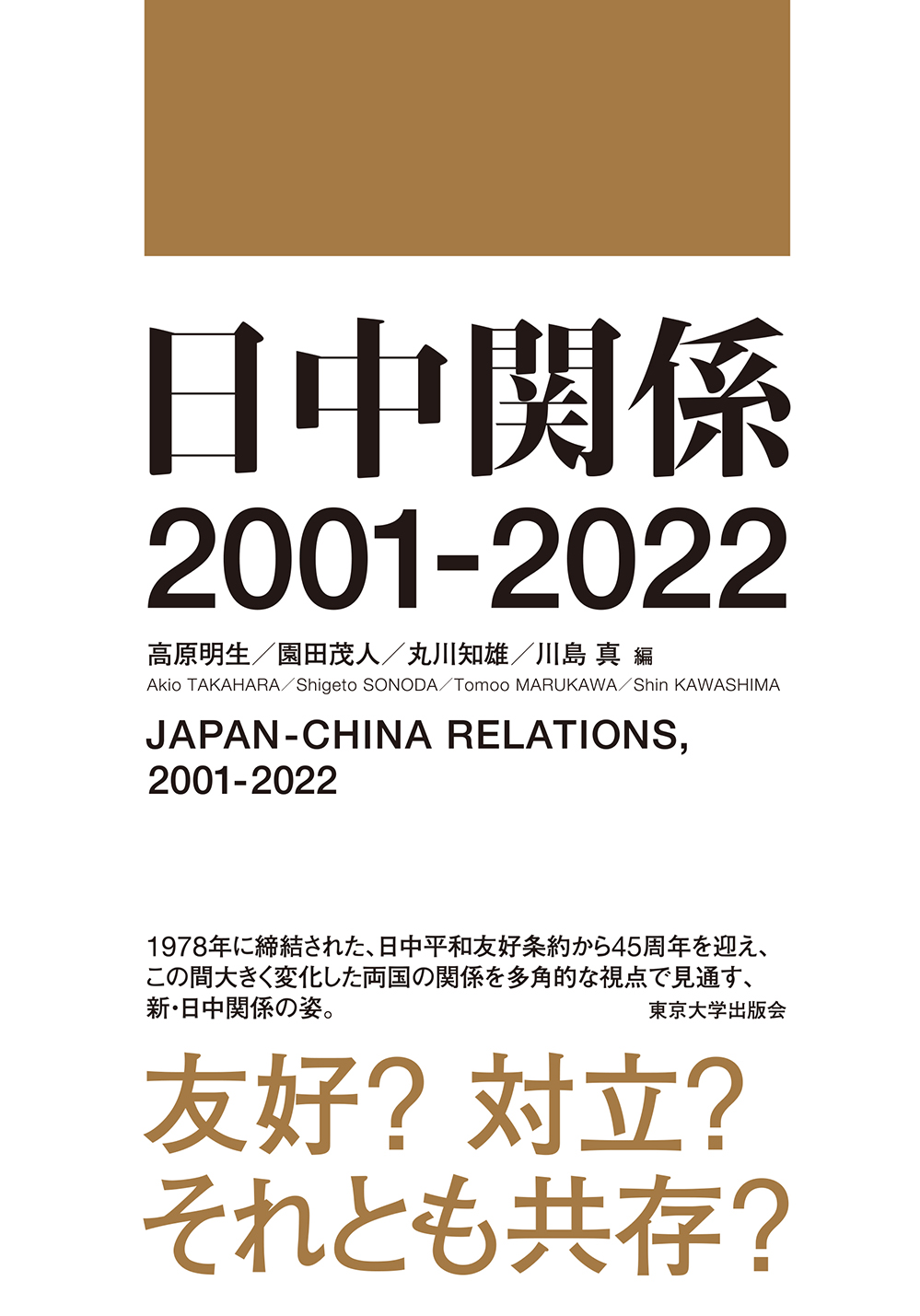
Title
Gendai Taiwan no Seiji-Keizai to Chutai-Kankei (Political Economy in Contemporary Taiwan and Cross-Strait Relations)
Size
240 pages, A5 format
Language
Japanese
Released
March 30, 2018
ISBN
9784771029880
Published by
KOYO SHOBO
Book Info
See Book Availability at Library
Japanese Page
Taiwan is facing great difficulties in the management of its relations with Mainland China, which are a matter of life or death for Taiwan, because of the rise of China as a result of its high economic growth. So long as China proceeds with its strategy of promoting political unification on the basis of Taiwan’s economic dependence while Taiwan pursues economic prosperity, Taiwan will be compelled to deepen economic relations with Mainland China at the sacrifice of its political independence. Conversely, if Taiwan seeks to maintain its political independence, it must hold economic relations with Mainland China in check at the sacrifice of its prosperity. This is the “dilemma of choosing between prosperity and independence” faced by Taiwan. During the administration of Chen Shui-bian (2000–08) of the Democratic Progressive Party (DPP), Taiwan abandoned its increasing economic dependence on Mainland China and mobilized Taiwanese nationalism as an election strategy. Consequently this dilemma was exacerbated, Taiwanese society became more polarized regarding relations with Mainland China, and antagonism between Mainland China and Taiwan intensified, leading to the disaffection of voters who valued “prosperity.”
The administration of Ma Ying-jeou (2008–16) of the Kuomintang (KMT), which resulted from a change in government, responded to the above dilemma by embarking on a policy of reconciliation with Mainland China. The Ma Ying-jeou administration sought to stabilize Cross-Strait relations by recognizing together with Mainland China the “1992 Consensus,” in the interpretation of which they shared to a certain extent the concept of “one China.” The Ma Ying-jeou administration concluded twenty-three separate agreements with Mainland China, including the Cross-Strait Economic Cooperation Framework Agreement (ECFA), and began receiving large numbers of tourists from Mainland China, resulting in a marked improvement in the level of Cross-Straits exchange. But this did not bring an end to the state of hostility that had its origins in the civil war between the Communists and the KMT, and Cross-Strait relations entered a period of what might be described as “stability without rapprochement.” During its second term (2012–16), the Ma Ying-jeou administration pushed through the Cross-Strait Agreement on Trade in Services in order to smooth the way for a summit meeting with Xi Jinping, China’s supreme leader. But this provoked strong opposition among Taiwanese and led to the “Sunflower Movement,” in which students and others occupied the Legislative Yuan in spring 2014. This triggered the rejection of the policy of reconciliation with China by voters who valued “independence.” The KMT suffered a crushing defeat in local elections held in November 2014, and in the presidential election in January 2016. Tsai Ing-wen of the DPP was elected president of Taiwan.
Even following the switch in the Ma Ying-jeou administration’s policy, the solution to Taiwan’s “dilemma of choosing between prosperity and independence” was merely deferred, and it remains an unresolved problem. In the future, will Taiwan further strengthen its policy aimed at maintaining a balance of power with Mainland China, or will it bandwagon with Mainland China on account of its economic dependence and eventually fall under the influence of Mainland China?
This book is a collection of articles that examine from the fields of politics, the economy, society, culture, and international relations how the Ma Ying-jeou administration grappled with the “dilemma of choosing between prosperity and independence” and what sorts of results it achieved. In a situation marked by the rise of China and a new fluidity in Cross-Straits relations, what sort of regional order is being built? And in what sort of international environment will Japan find itself? I hope that this book will help to answer these questions.
(Written by MATSUDA Yasuhiro, Professor, Institute for Advanced Studies on Asia / 2020)



 Find a book
Find a book




